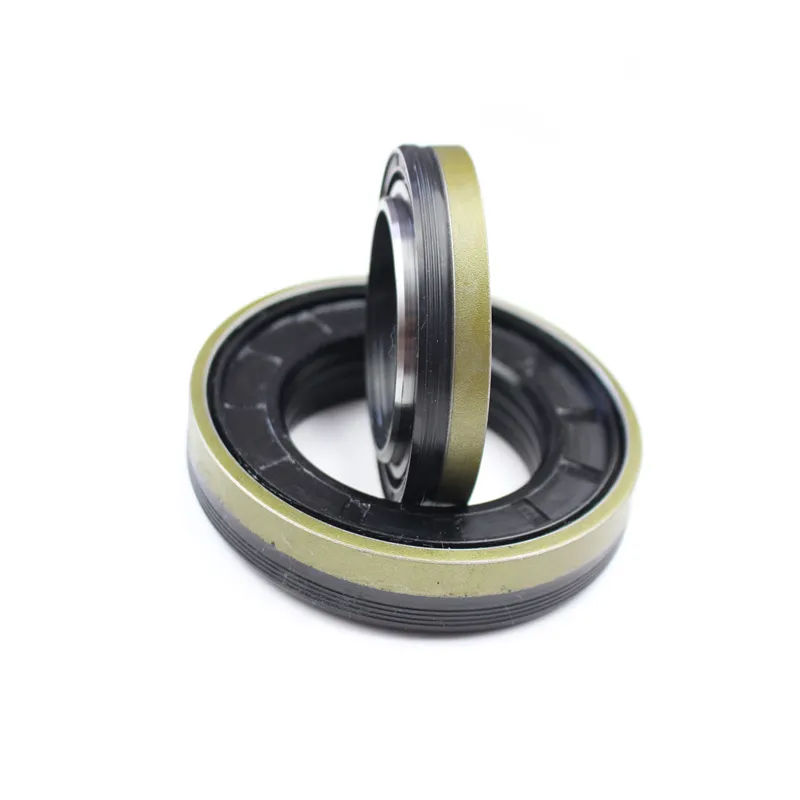radial oil seals
Understanding Radial Oil Seals Their Importance and Applications
Radial oil seals, also known as radial lip seals, play a crucial role in various mechanical systems by preventing the leakage of lubricants and contaminants. These seals are commonly found in engines, gearboxes, and hydraulic systems, where effective sealing is vital for optimal performance and longevity of equipment.
A radial oil seal consists of a flexible elastomeric lip that makes contact with a rotating shaft. This design allows the seal to create a barrier that prevents the escape of oil and the infiltration of dirt and other foreign particles. The outer part of the seal is typically made from a rigid material to provide stability, while the inner lip can be engineered in various ways to enhance its sealing capabilities. Common materials used for these seals include nitrile rubber, fluorocarbon, and silicone, each selected based on temperature and chemical compatibility needs.
The performance of radial oil seals is influenced by several factors, including the sealing lip design, the material used, and the operating conditions such as temperature, pressure, and shaft speed. Engineers often need to carefully consider these aspects when designing a system to ensure that the oil seal will function effectively under expected operating conditions. Improper selection can lead to premature seal failure, resulting in oil leaks that can compromise the reliability of the machinery and lead to costly repairs.
radial oil seals

One of the key advantages of radial oil seals is their ability to withstand high speeds and pressures, making them suitable for a wide range of applications. In automotive engines, for instance, they are utilized to maintain oil pressure and prevent contamination, which is essential for the engine’s efficiency and lifespan. Similarly, in industrial machinery, radial oil seals are used to ensure that lubricants remain in place, thereby reducing friction and wear on components.
Maintenance of radial oil seals is also critical. Regular inspection can help identify signs of wear, such as cracks or hardening of the material, which might indicate that a replacement is necessary. Early detection can prevent oil leaks that can lead to significant operational issues.
In conclusion, radial oil seals are essential components in many mechanical applications, providing effective sealing solutions and contributing to the overall reliability and efficiency of machinery. Their design and material selection are pivotal in ensuring they meet the demands of their specific applications, making them a vital consideration for engineers and maintenance professionals alike. Investing in quality radial oil seals and maintaining them properly can greatly enhance the performance and longevity of any mechanical system.
-
Simplifying Oil Changes: A Comprehensive Guide to Oil Drain Plugs and Their Variants
News Aug.04,2025
-
Mastering Oil Drain Maintenance: Solutions for Stripped, Worn, and Upgraded Oil Plugs
News Aug.04,2025
-
Fixing Oil Pan Plug Issues: Leaks, Stripped Nuts, and the Right Replacement Solutions
News Aug.04,2025
-
Everything You Need to Know About Oil Drain Plugs: Sizes, Fixes, and Upgrades
News Aug.04,2025
-
Choosing the Right Oil Drain Plug: A Guide to Sizes, Materials, and Drain Innovations
News Aug.04,2025
-
A Complete Guide to Automotive Drain Plugs: Types, Problems, and Innovative Solutions
News Aug.04,2025
-
The Ultimate Guide to Car Repair Kits: Tools and Essentials Every Driver Should Own
News Aug.01,2025
Products categories















